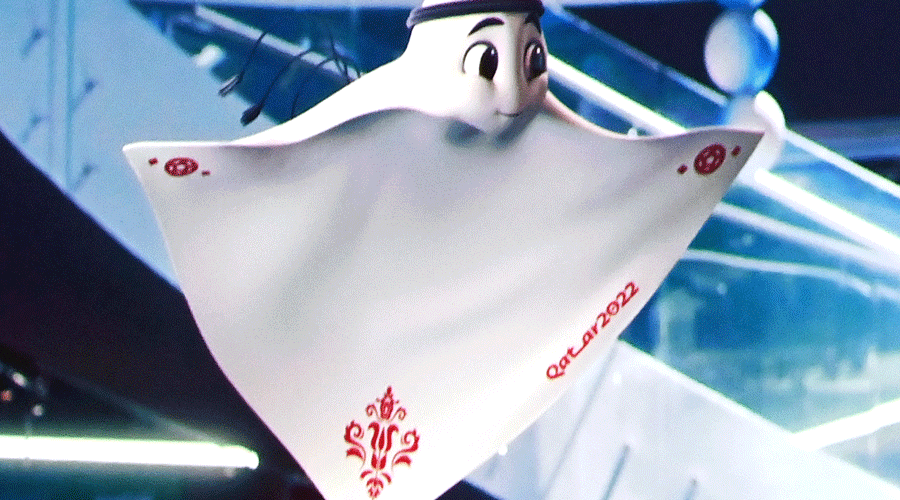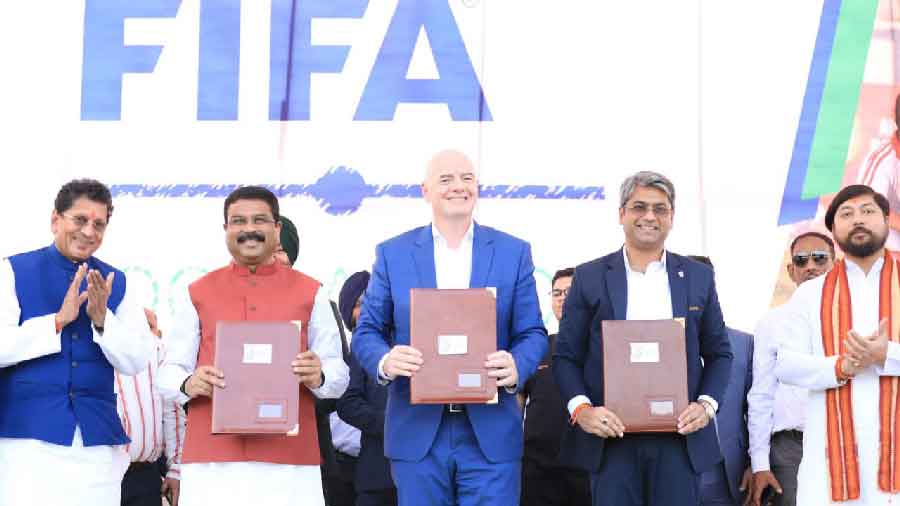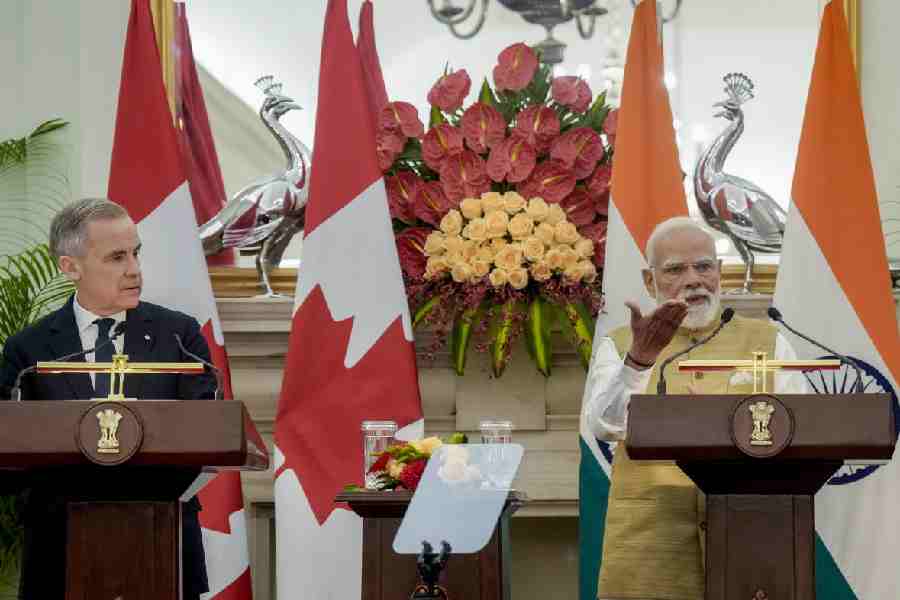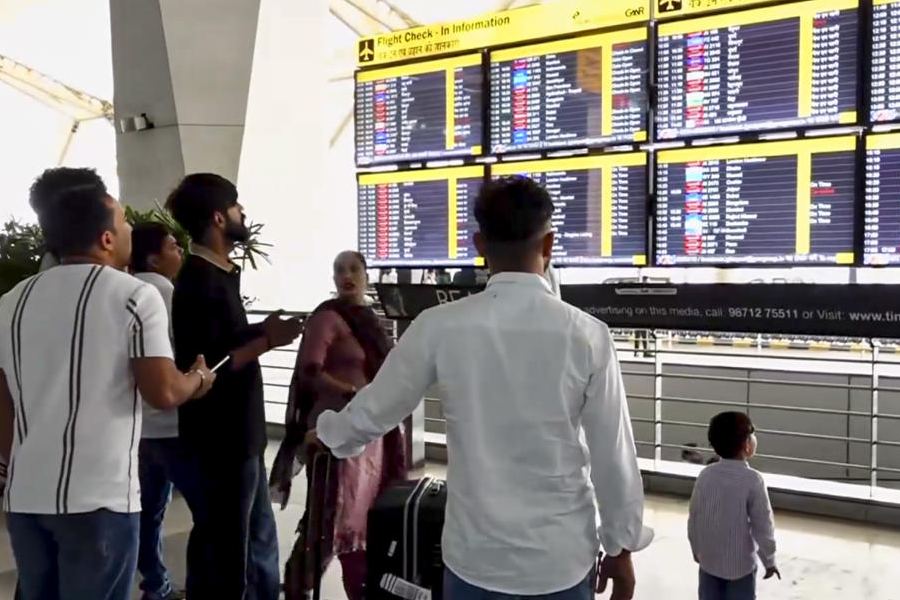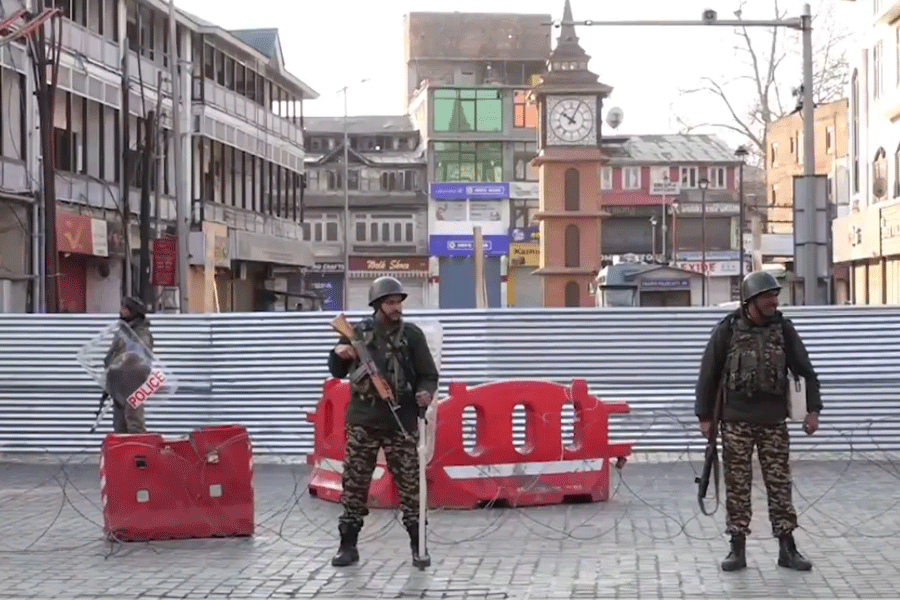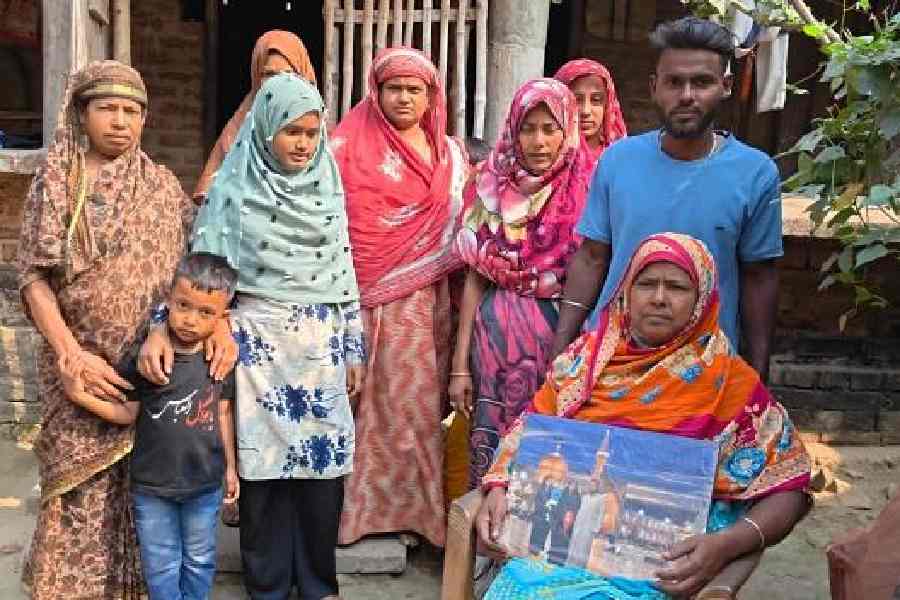It is an offer good enough to make any soccer fan stop and listen. Free flights to the World Cup. Free tickets to matches. Free housing during the tournament and even a bit of spending money.
But the offer comes with a catch.
The handpicked fans who accept this trip of a lifetime — financed by Qatar, the host nation of this year’s World Cup — will be required to abide by contracts that will require them to sing what they’re told to sing, to watch what they say and, most controversially, to report social media posts made by other fans critical of Qatar.
Yet despite those rules, hundreds of supporters have signed up.
The invitations went out in late September and targeted some of the most well-connected and well-known fan leaders backing the 32 teams. A Dutch fan told the broadcaster NOS that he had agreed to vet other supporters from the Netherlands. A board member from the American Outlaws, the biggest US supporters’ group, agreed to take part, and then helped sign up fellow members and others.
Fans from all of Fifa’s confederations have accepted the offer; dozens have already travelled to Qatar at least once for luxurious pre-World Cup visits. Those, too, were paid for by tournament organisers.
Other fans, though, have declined. The conditions attached to the offer, one French fan told Le Parisien, felt like a step too far. “Despite the appetising side of the dish, I preferred to stay true to my values,” said Joseph Delage, a member of a prominent French supporters’ group.
Qatar’s offer, which came out of a fan engagement programme started in 2020, is the first time a host nation has paid for groups of fans from all the competing nations to attend the World Cup. But it is not the first time Qatar has worked to fill stadiums with friendly voices; in 2019, migrant workers and schoolchildren were enlisted to fill empty seats at the world track and field championships in Doha.
In exchange for their World Cup perks, this year’s fans — as many as 50 from each country — will be required to perform in a ceremony before Qatar opens the tournament against Ecuador on November 20. Organisers have dedicated five minutes of that celebration to a fan-themed segment that will require the beneficiaries of Qatar’s generosity to perform a chant or song specific to their country, selected not by them but by tournament organisers.
Representatives of Qatar’s World Cup organising committee, the Supreme Committee for Delivery and Legacy, tried this week to play down the requirements explicit, and implicit, in the offer. “There is no obligation to promote or do anything,” Ahsan Mansoor, the fan engagement director for the 2022 World Cup, said in an interview.
But a closer look at the terms of the relationship revealed that chosen supporters are encouraged to do just that, and also to amplify messaging from the organisers to support the World Cup “by ‘liking’ and re-sharing third-party posts.” At the same time, according to documents and contracts reviewed by The New York Times and authenticated by multiple fans, participants are warned that although they are not being asked to be a “mouthpiece” for Qatar, “it would obviously not be appropriate for you to disparage” the country or the tournament.
The fan leaders have also signed up to be on the lookout for such negativity in comments on their posts; a clause in the code of conduct asks that they “report any offensive, degrading or abusive comments” to the organisers. Where possible, the code says, they should supply screenshots of any offending posts.
Those who breach regulations are warned that they could be dismissed from the programme.
“At best they’re volunteers for the World Cup and at worst they’re a mouthpiece for the Supreme Committee,” said Ronan Evain, the executive director of Football Supporters Europe, an umbrella organisation of fan groups recognised by Uefa. In the dozen years since Qatar was awarded the World Cup, the country has taken pains to shape and defend its national image amid corruption claims, environmental concerns and human rights issues.
The programme appears to have begun in 2020, when the Supreme Committee reached out to national federations around the world and asked to be put in contact with leading fan groups to better understand the needs of visitors. Qatar, which has almost no tradition of hosting major sporting events, was grappling with a complex task: how to create a tournament experience that would feel authentic to visiting supporters, but also one that fits within the cultural norms of Qatar, a conservative Muslim nation.
New York Times News Service

